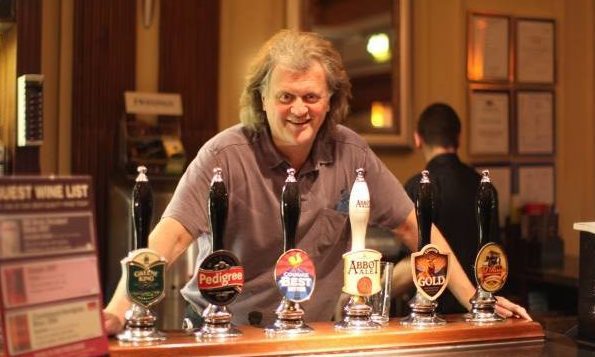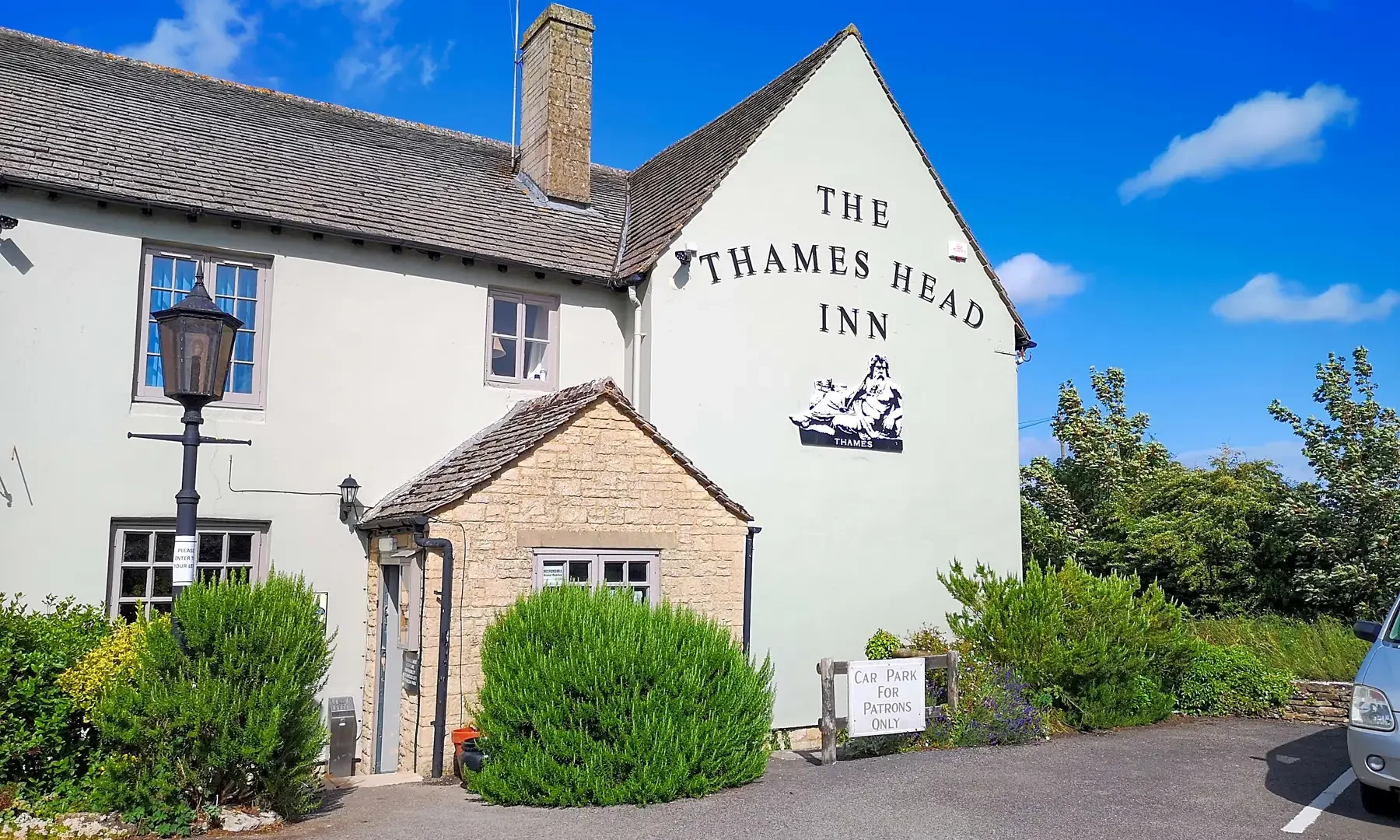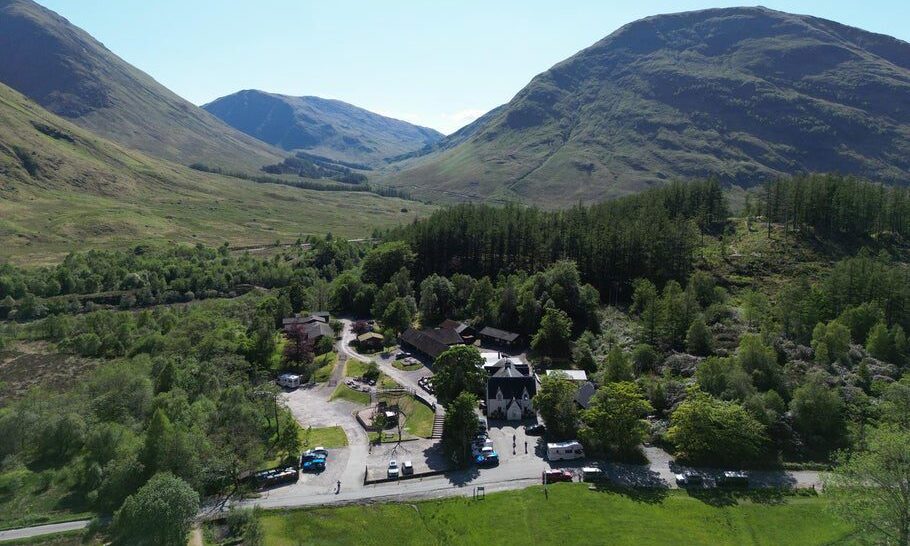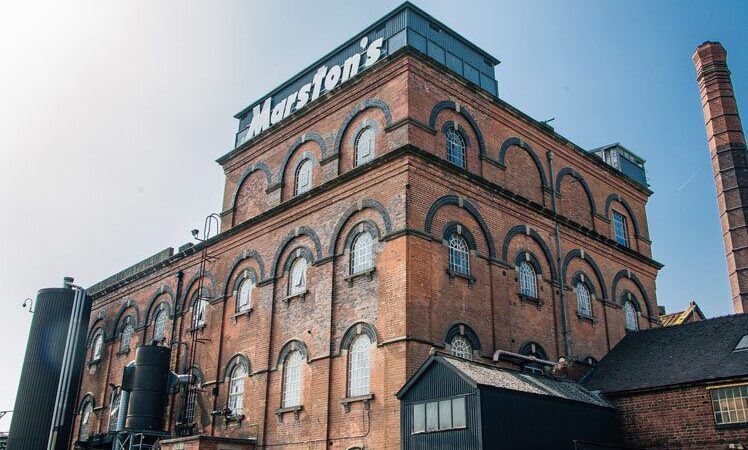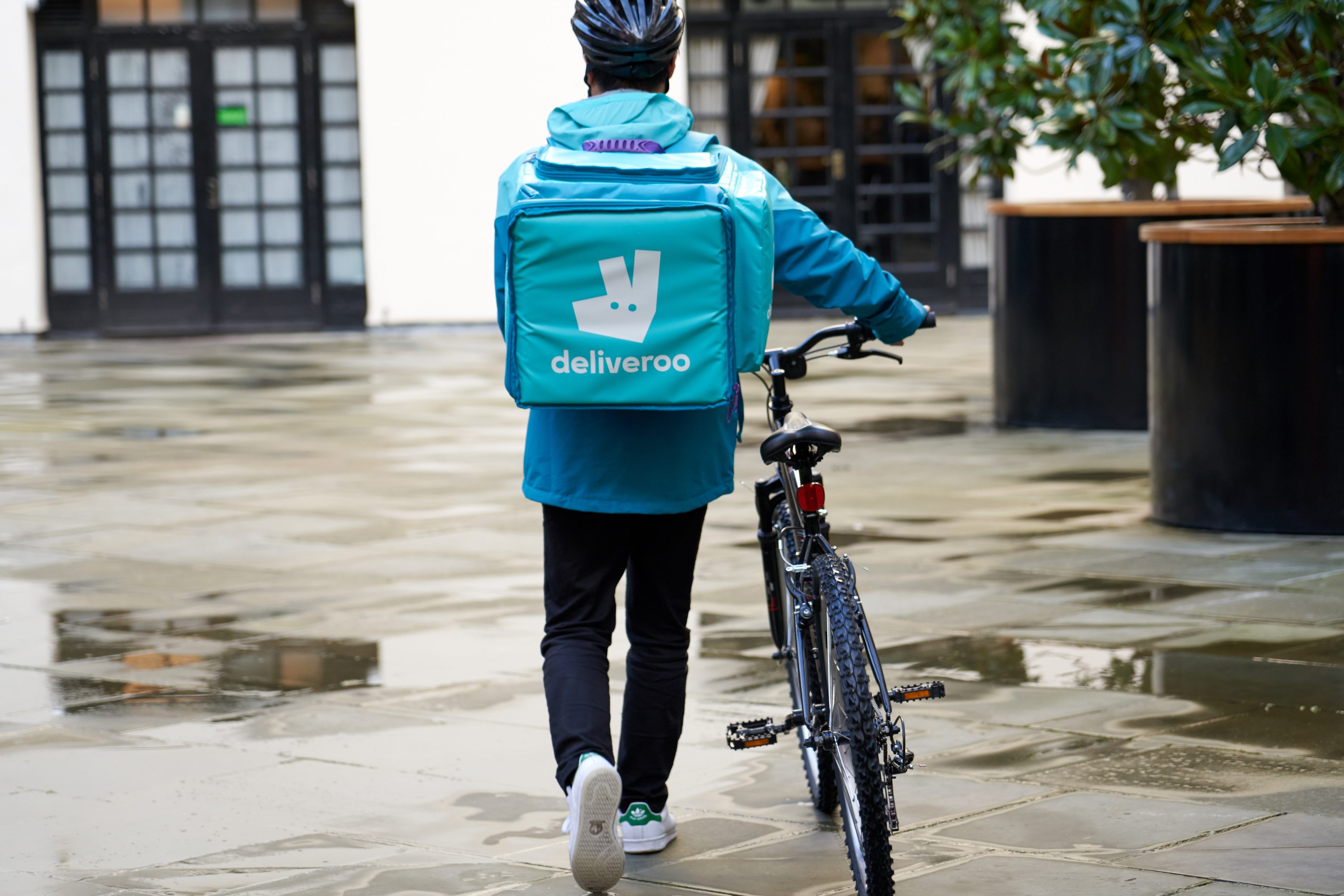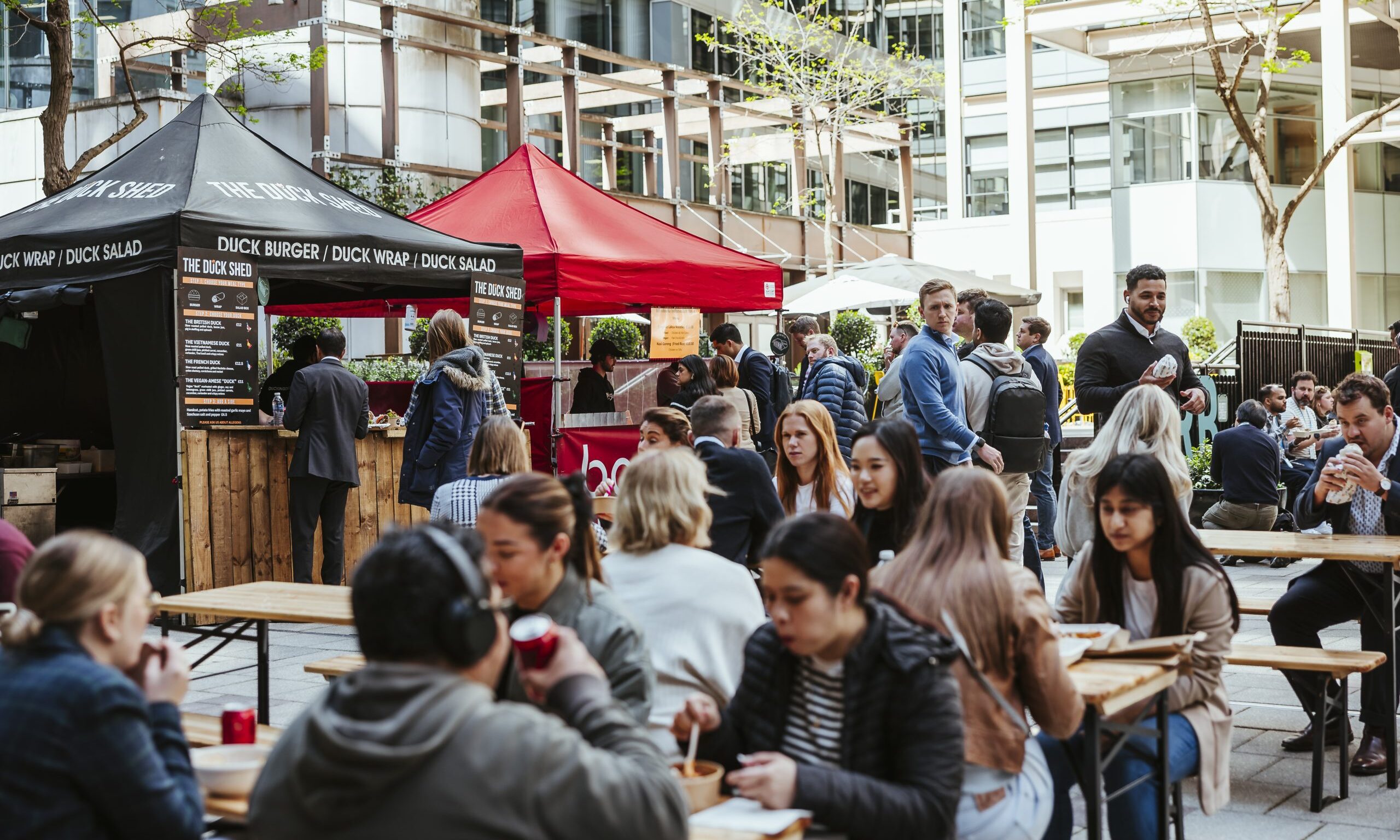Register to get 5 free articles
Reveal the article below by registering for our email newsletter.
Want unlimited access? View Plans
Already have an account? Sign in
If you’re a country pub operating at the height of summer, you are likely to gain ample business through casual drop-ins from thirsty walkers, weary cyclists and weekend tourists looking for a pint. But what if you could persuade them to use your beer garden as a camping base from which to access the local sites, and therefore secure a captive audience of guests?
A number of pubs across the UK have started turning their gardens and surrounding fields into seasonal campsites. With minimal overheads and a ready-made supply of amenities – running water, loos, car parks – some publicans are discovering that a pocket of green space can become a lifeline.
It’s a model that pulls in pitch feels while turning visitors into overnight regulars. And at a time when six pubs a week are closing their doors for good, anything that boosts takings without breaking the bank deserves attention. So, could camping save the great British pub? Or is this simply a clever summer fling?
For landlords facing the triple threat of rising costs, staff shortages and shrinking margins, survival increasingly depends on finding ways to make every inch of their premises earn its keep. Pubs with even a modest plot of green could offer seasonal camping.
According to Pitchup.com, pubs listing camping pitches on the booking platform earn an average of £17k a year in pitch fees alone. For some, like the Thames Head Inn in Cirencester, that figure soars to £40k – and that’s before factoring in camper spending on drinks and meals, which might otherwise have walked on by.
Crucially, the upfront investment is often negligible. Pubs already have access to essentials like water, toilets and electricity. Thanks to permitted development rights in England, as well as similar rules across Wales, Scotland and Northern Ireland, no planning permission is needed for up to 60 days of camping each year.
Dan Yates, founder of Pitchup.com, believes this low-barrier entry point is key to the model’s success. “A lot of people who enjoy camping are quite happy with just basic facilities – running water and a toilet, and car parking close by,” he says. “Pubs already benefit from this infrastructure, so the upfront investment is minimal. And the returns can be significant.”
There are, of course, limitations. Current planning laws only allow camping for up to 60 days a year without formal permission.
While the financial upside is hard to ignore, Zoe Adjey, senior lecturer in hospitality and tourism at the Royal Docks School of Business and Law, says the rise of pub-based campsites also reflects a deeper shift in how rural hospitality businesses are adapting to survive.
According to Adjey, this is less a quirky trend and more a tactical response to growing economic pressure. With rising operational costs and tighter margins, pubs are being forced to think creatively and welcoming campers onto the land is one of the lowest-overhead ways to bring in guaranteed customers.
The model plays especially well to the strengths of traditional pubs, says Adjey; many already have family-friendly facilities, such as entertainment like board games or pool tables, and enough outdoor space to comfortably divide between regular beer garden visitors and campers. That means the core customer base doesn’t have to be alienated by the change.
While the unpredictable British weather means this isn’t a year-round solution, Adjey sees it as a potentially sustainable seasonal strategy. Pubs that develop a reputation for great summer stays can build a network of returning campers year after year, offering a layer of predictability in an otherwise volatile trade.
There are, of course, limitations. Current planning laws only allow camping for up to 60 days a year without formal permission. There are also operational questions around safeguarding and access, such as keeping toilet facilities open late, or securing the premises while allowing campers to come and go, Adjey points out.
Still, she believes this evolution reflects a wider truth: today’s publicans are no longer just hosts. They are planners, strategists and place-makers, finding new ways to serve their communities and stay viable.
Owners Morris and Gwyn Fenton report that over half their campers spend around £100 at the bar or restaurant during their stay.
The idea of pitching tents behind a local pub might sound novel, especially to urban establishments who simply don’t have the space, but a growing number of landlords say it’s made a concrete difference to their bottom line.
At the Thames Head Inn near Cirencester, Ben and Nicola Lord have been running their countryside pub for 18 years, but it wasn’t until they opened up 11 camping pitches that they saw one of their boldest returns. Last year alone, the couple generated a record sum in pitch fees, with an estimated 95% of their campers also spending money inside the pub. For them, it’s been transformative. Guests often cite the pub as their main reason for staying, turning casual visits into full-fledged stays.
Just under two hours east, The Red Lion in Brinkley, Cambridgeshire, has seen similar success. Owners Morris and Gwyn Fenton report that over half their campers spend around £100 at the bar or restaurant during their stay. For a small, 450-year-old country pub, that kind of per-head spend makes a real difference, especially when bookings stack up over the summer months.
It’s not only publicans who see the value. Demelza Hoban, who runs Grange Paddock Camping on her farm in Lincolnshire, says nearby businesses are also feeling the ripple effect. “My friends own the Adam and Eve pub in Wragby, just down the road,” she explains. “They saw a notable uplift in customers over the last two years, with many saying they’d come from our site. They keep asking if I’ll do it again.”
The subject has just hit screens again, thanks to Jeremy Clarkson’s latest season of Clarkson’s Farm. Turning his lens from cows to cask ale, Clarkson has taken on the challenges of running a country pub – the Cotswolds-based Farmer’s Dog – and shone a light on the declining fortunes of the British local.
Whether directly hosting campers or benefiting from nearby sites, these stories suggest that for pubs, the camping model is proving genuinely profitable. The common thread is that pubs that already had charm and character found a way to make it pay without changing what they do best.
It’s not just landlords and hospitality insiders who are paying attention to the plight of the rural pub; the broader public mood seems increasingly attuned to the fragility, and value, of these community institutions.
In fact, the subject has just hit screens again, thanks to Jeremy Clarkson’s latest season of Clarkson’s Farm. Turning his lens from cows to cask ale, Clarkson has taken on the challenges of running a country pub – the Cotswolds-based Farmer’s Dog – and shone a light on the declining fortunes of the British local. It’s a story that resonates with viewers across the UK, many of whom have watched their own village pub close or struggle to survive in recent years.
This cultural visibility is giving momentum to practical, grassroots solutions like pub camping. At a time when nostalgia alone isn’t enough to keep doors open, the idea that locals and visitors alike can quite literally pitch in to support their favourite watering holes feels both timely and tangible.
There’s also a broader shift in how people experience rural getaways, Adjey notices. With the continued popularity of domestic holidays, and the rising cost of hotels and international travel, camping and glamping have become increasingly attractive. In that sense, camping at the pub is a solution that taps into a growing cultural preference for authenticity, adventure and community connection.
As Adjey notes, these ventures require publicans to wear multiple hats: not just hosts and cooks, but marketers, site managers and long-term strategists.
For an increasing number of landlords, the concept of camping at a pub is now crucial for business survival. The minimal setup costs and a guaranteed stream of hungry, thirsty patrons make it an attractive proposition. In an era where traditional income sources are no longer secure, such small adjustments can provide rural pubs with a renewed sense of direction and a chance to thrive.
However, this isn’t a silver bullet. Planning restrictions, unpredictable weather and the need for careful operational oversight mean that not every site will succeed – or want – to go down this route. As Adjey notes, these ventures require publicans to wear multiple hats: not just hosts and cooks, but marketers, site managers and long-term strategists.
Still, what’s emerging is a hopeful vision of how British pubs might evolve: not by abandoning their identity, but by expanding it. If beer gardens can double as campsites and pubs can act as hubs for both locals and roving holidaymakers, then perhaps they can secure their place not just in our memories, but in our futures.
In that light, a patch of grass and a tent peg might not seem like much, but for some pubs, it could be the start of something lasting.



